Program Overview
Globalization is the reality for any business. In the International Business Management post-grad program you will develop the knowledge, skills and attitudes to compete in the global business environment. In this program, students explore courses using real-life case studies covering over 120 topics.
Admission Requirements
A two-year college diploma or university degree, in any field of study is required. Student must meet one of the language requirements:
- Canadian College of English Language Level 145, Pass with 60%.
- St. Lawrence College ESL Advanced, Pass with 70%
- IELTS 6.5 (minimum of 6.0 in each section)
- TOEFL CBT 220 , TOEFL IBT 83






